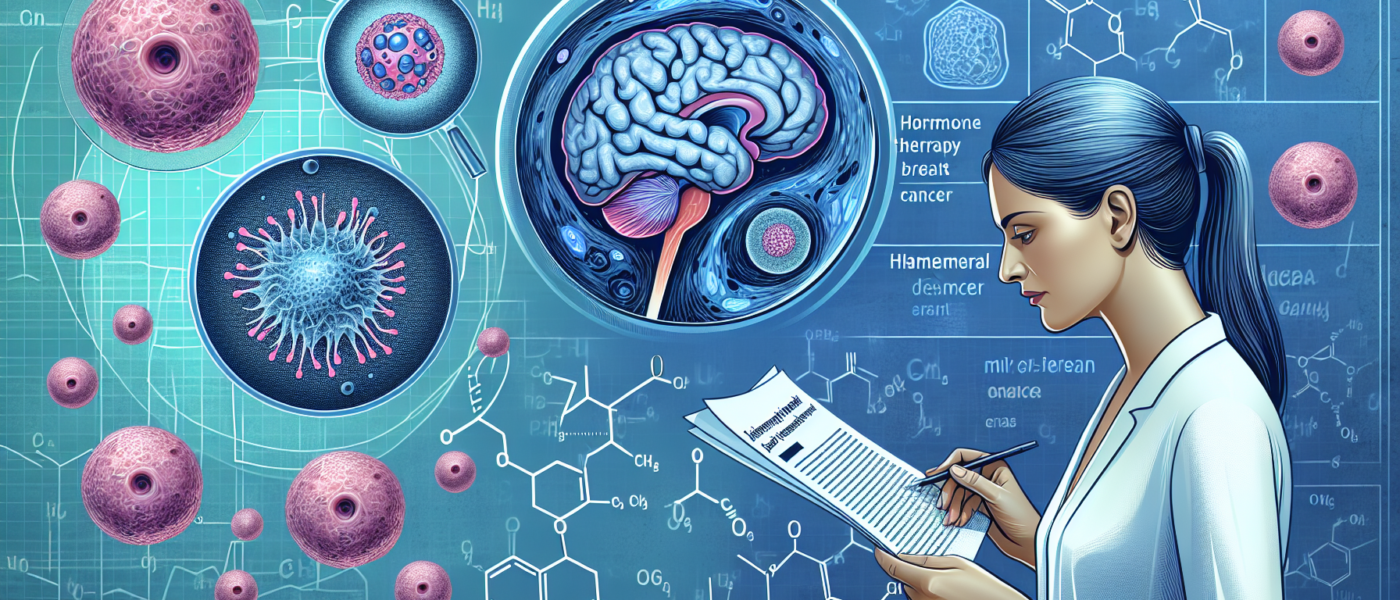New Study Reveals Hormone Therapy for Breast Cancer May Reduce Dementia Risk
Link Between Hormone Therapy for Breast Cancer and Lower Dementia Risk
Key Findings from the Study
A recent study has revealed that Hormone Modulating Therapy (HMT) used in the treatment of breast cancer is linked to a 7% reduction in the risk of developing Alzheimer’s disease and related dementias later in life. This finding is particularly important for the 70-80% of new breast cancer diagnoses that are hormone receptor-positive, indicating that these tumors grow in response to hormones like estrogen or progesterone.
The study identified three main types of HMT—those that block estrogen from binding to cancer cells, those that bind to and break receptors on the tumor, and those that reduce or halt estrogen production in the body. By analyzing data from a federal database, the researchers focused on nearly 19,000 women aged 65 and older diagnosed with breast cancer, ensuring that none of them had a previous diagnosis of Alzheimer’s disease or related dementias.
Impact and Future Directions
Among the study participants, 66% received HMT within three years of their breast cancer diagnosis. During an average follow-up period of 12 years, it was noted that 24% of HMT users developed Alzheimer’s disease, compared to 28% of non-HMT users. This suggests that HMT could be playing a protective role against cognitive decline in breast cancer survivors. However, the benefits appeared to decrease with age, and racial disparities were also noted, with younger Black women showing the most significant reduction in dementia risk.
The study postulates that the reduced dementia risk associated with HMT could stem from various mechanisms. These include the therapy’s influence on estrogen production, estrogen receptor levels, and its effect on the clearance of beta-amyloid and tau protein stability—both of which are known to contribute to Alzheimer’s disease.
Despite the promising results, the study’s scope was limited to women over the age of 65, highlighting the need for future research to include younger women. This broader inclusion will help to better understand how age and other factors impact the relationship between HMT and dementia risk. Experts in the field acknowledge the intriguing findings but caution that the relationship between HMT and dementia risk is complex and may be influenced by other factors, such as the type of tumors and chemotherapy received.
Ultimately, this study underscores the importance of personalized treatment plans for breast cancer patients. By considering individual factors like age, race, and overall health, healthcare providers can better optimize treatment outcomes and minimize potential risks, paving the way for both effective cancer treatment and improved cognitive health.
